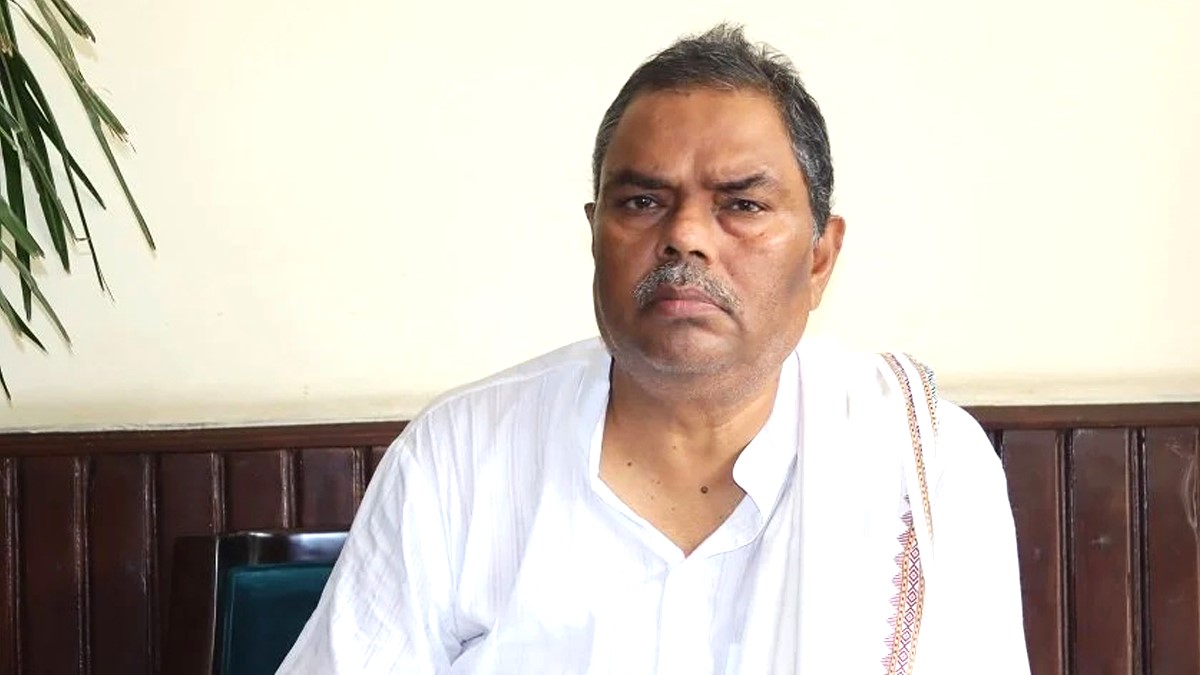
Pro-Identity Movement: JSP Declares Intent to Lead the Way

The Janata Samajbadi Party (JSP) has unabashedly proclaimed its intention to spearhead the leadership of the burgeoning pro-identity movement sweeping through various regions of the country. This audacious move, detailed in the party’s comprehensive political report, goes beyond merely pledging support to pro-identity activists; it positions the JSP at the forefront, advocating for a central role in directing the trajectory of this socio-political phenomenon.
Central to the JSP’s assertion is its steadfast opposition to the naming of Koshi Province. The province’s christening as ‘Koshi Province’ last year, a decision reached through consensus among CPN-UML, Nepali Congress, and CPN (Maoist Center), became a catalyst for the JSP’s proactive involvement in the pro-identity movement. The party contends that its protests compelled the Maoist Center to concede its error and publicly offer self-criticism, a move the JSP sees as a validation of its influence and a catalyst for the ongoing pro-identity activism.
Undeterred by the lack of endorsement for their proposal to name the province ‘Limbuwan-Sagarmatha’ in collaboration with CPN (Unified Socialist), the JSP highlights a positive reception from pro-identity activists. This underscores the resilience within the party to persist in advocating for the recognition and representation of diverse identities within Nepal.
A notable facet of the JSP’s political report is its elucidation on the nature of the Socialist Front, a working alliance that the party describes as a strategic collaboration with the goal of achieving specific political objectives. The Socialist Front, as outlined by the JSP, functions as a platform for political forces aligned with principles of federalism, democracy, good governance, social justice, and national independence, all in the aftermath of a collective struggle against regression.
The JSP’s report further delves into the reasons behind the formation of the Socialist Front, citing concerns about the potential limitations on the duration of the ruling coalition. Expressing disappointment in the reluctance of the Nepali Congress for a prolonged cooperation with coalition partners, the JSP suggests that a more robust and enduring joint front would have been preferable.
Underlying the ideological orientation of the JSP, the report emphasizes that the Socialist Front is a conglomeration representing socialist forces, with the ultimate goal of achieving socialism in Nepal. This sheds light on the party’s commitment to socialist principles and its vision for the socio-political future of the country.
The political report takes a critical stance on the primary focus of parties within the ruling coalition, highlighting that the preservation of the government often took precedence over addressing the comprehensive 53-point suggestion presented by the JSP. The suggestions span critical areas such as the strengthening of federalism, development initiatives, and the promotion of good governance. The JSP expresses discontent with the government’s perceived lack of urgency in implementing the outlined tasks, potentially signaling a source of tension within the coalition.
As the Janata Samajbadi Party strategically positions itself as a leading force in the pro-identity movement, the dynamics within the ruling coalition and the evolving landscape of identity politics in Nepal are poised to shape the political discourse in the coming months. The JSP’s bold assertions set the stage for a potentially transformative period, where the struggle for identity and representation takes center stage in the nation’s political narrative, propelling the quest for a more inclusive and diverse Nepal.














Comments